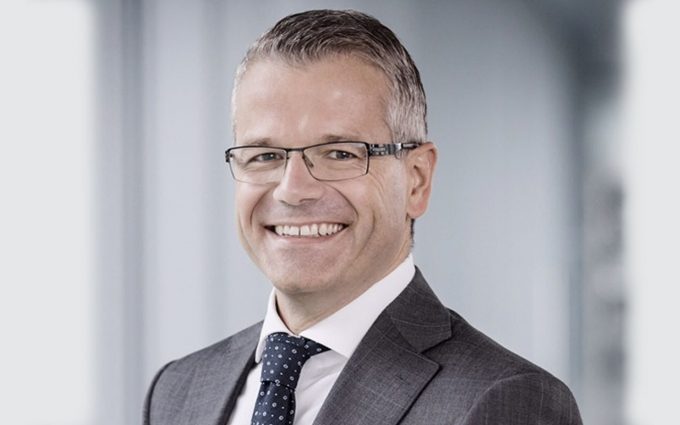OceanX: Mærsk rally overshadows post-US-China trade deal news
We could all benefit from a little dose of optimism

In a wide-ranging interview between JOC editor Peter Tirschwell and Maersk’s ocean and logistics chief executive Vincent Clerc on the first day of the Trans Pacific Maritime (TPM) conference in Long Beach ? and it feels as if it was another lifetime when I last ...
Keep our news independent, by supporting The Loadstar
Red Sea crisis has driven most new capacity into extended Asia-Europe trades
Explosions and 'out-of-control' fire reported on Wan Hai box ship
Carrier price hikes hold, driving spot rates higher as space gets scarcer
Crew forced to abandon ship in latest fire on vessel carrying EVs
The Loadstar Podcast | Transport Logistic and Air Cargo Europe 2025
Asia-West Africa ULCV deployment opens new markets for carriers
Turkish Airlines falls foul of air safety regulations, claims India's aviation authority

Comment on this article